Should You Rust Proof Your New Car?

Updated November 2018
After the purchase of any new car, an opportunity to rust proof arises. Should you do it, or is it just a waste of money?
First, it’s important to know what rust is. Rust is an example of corrosion. When iron (which is in steel) and oxygen mix with air or water, rust occurs. Eventually, rust can take over any iron mass and cause it to disintegrate. Corrosion can also occur when dirt or moisture accumulate on a car’s underbody.
SEE ALSO: 5 Dumb Mistakes I Made Buying Used Cars
Rust is a serious problem and spreads like a rash. It can shorten the lifespan and value of any vehicle. That’s why you want to rust proof your vehicle.
SEE ALSO: What Does That Light on My Dash Mean?
Since rust is a possibility in just about every car, automakers these days are galvanizing steel used in cars in order to lower the risk of rusting. Older vehicles were very prone to rust, but new cars have different ways to fight against corrosion and have made massive strides. While they may be more rust resistant than rust proof, they do protect against corrosion better than ever before.
GALVANIZED STEEL PROTECTED FROM RUSTING
Galvanized steel has a coating of zinc to protect it from rusting. Oxygen and zinc don’t react like iron and oxygen do, so galvanized steel doesn’t rust. This process is also pretty low-cost; so many automakers are doing it.
“Rust is far less of a concern now,” says Mike Quincy, Automotive Analyst at Consumer Reports. “The types of metals and treatments have changed over the past 20 years and cars are well protected from rust right from the factory.” Consumer Reports’ reliability data tracks a 10 year history of a vehicle, reporting on issues consumers have with their new cars after 12 months of ownership. Quincy says they actually removed questions about rust from the survey several years ago because the results were showing it wasn’t a factor anymore.
But that doesn’t mean new cars are invincible. If a car has been in an accident, and unprotected steel was exposed, there’s still a chance of rust occurring.
SEE ALSO: Buyer’s Guide: The Best Rust Inhibitors You Can Buy
So if that zinc coating gets chipped, the metal underneath is at risk of rusting. Same thing on a car’s paint finish, if a rock-chip cuts deep enough into a car’s paint job, it can still rust. This rust occurs on the outside of the car, and while it’s ugly, it’s not a catastrophic problem. Fortunately, car frames are also galvanized and well protected from chipping as well.
For extra peace of mind, Quincy explains that there are some tips that every driver should consider keeping their car as rust free as possible. Wash a car regularly, especially in the winter after you’ve been driving on salted roads. Driving over this salt could spray it deep into your car’s underbody. The easy thing to do is to wash underneath your car with a pressure washer or automated car wash.
WHAT ARE AUTOMAKERS DOING ABOUT RUST?
Some automakers are looking into more advanced rust proof methods for their vehicles.
“We’re clearly at the leading edge of rust treatment,” says Derek Joyce from Hyundai communications.
Hyundai uses a roto-dip process, which dips the chassis of the car into the galvanization treatment and rotates it to ensure full coverage of the zinc coating, and ensuring no part of the vehicle goes uncoated. “There’s no way any part of the surface isn’t covered,” ensures Joyce.
“Aluminum isn’t prone to rust since it’s an oxidation of iron,” says Brad Stertz from Audi. The Audi A8 was the first car on the market with an aluminium chassis, and other automakers, like Mercedes-Benz and Jaguar are also adopting this strategy. While aluminium construction is mainly for saving weight, the added benefit of long-term reliability is also a great selling point. The Ford F-150 uses a lot of aluminum in its body and chassis.
The same can be said about carbon fiber. Carbon fiber won’t rust, as it’s not metal. Carbon fiber is made of weaved carbon threads, which become very strong when bonded into a single piece of material using epoxy. Carbon fiber is prone to damage and chipping, but won’t rust if exposed to the elements. Most people don’t need to worry about carbon fiber with regards to their car – it’s reserved for high-end vehicles and supercars mostly.
DEFENDS AGAINST MORE THAN JUST RUST
The people at Krown Rust Control understand that new cars are well protected, but also believe that new chemicals on the road are more corrosive.
“The chemicals used on our roads are far more corrosive than those used in the past,” says Freeman Young, president of Krown Rust Control. “Add to this the high humidity and the huge variations in temperature and you have a recipe for rust,” he says.
Young points out that rust proofing also protects other important parts of a vehicle.
SEE ALSO: Kia Recalls 220K Sedona Minivans Over Rusty Hood Latches
“Although protecting body panels and vehicle frames against rust is important, the best rust inhibiting products also protect electrical areas such as battery terminals, wiring harnesses, switches and plugs from moisture,” he says. “Keeping these areas protected with the right type of product will greatly reduce repair costs and vehicle breakdowns. Lubrication of moving mechanical parts like brake cables, suspension components, and door hinges is another benefit of a good rust inhibitor/lubricant.”
THE VERDICT
Overall rust is far less present now than it was 20 years ago, leading outlets like Consumer Reports to downplay the need for rust proofing.
So should you buy a rustproofing package when buying a new car? “We don’t recommend rust proofing,” says Quincy. “It’s very likely a waste of money and almost all of the cost goes right into the pockets of the dealer.” Even third party rust-proofing is considered a bust, “after-market rust proofing is a waste of money regardless of who’s applying it,” says Quincy. “Factory rust proofing is all you need.”

Sami has an unquenchable thirst for car knowledge and has been at AutoGuide for the past six years. He has a degree in journalism and media studies from the University of Guelph-Humber in Toronto and has won multiple journalism awards from the Automotive Journalist Association of Canada. Sami is also on the jury for the World Car Awards.
More by Sami Haj-Assaad



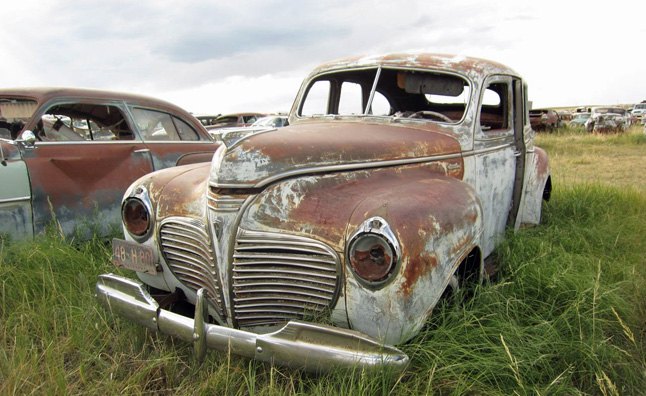








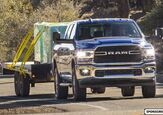
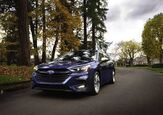








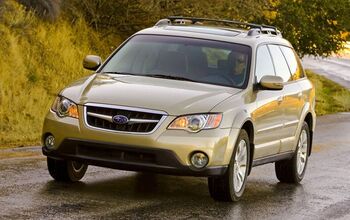
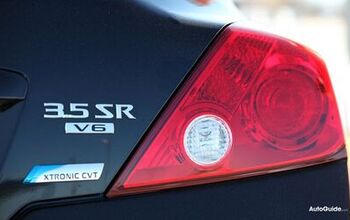

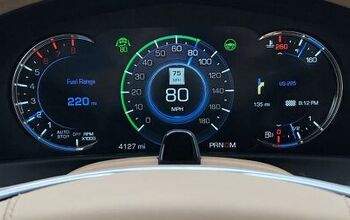
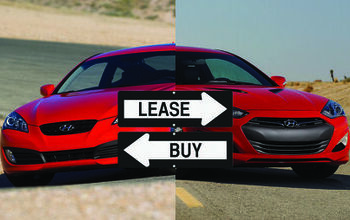
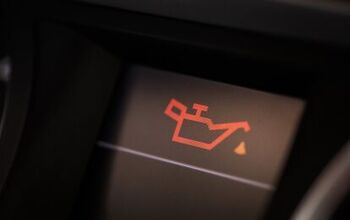
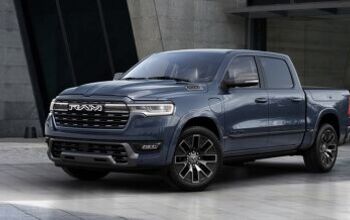



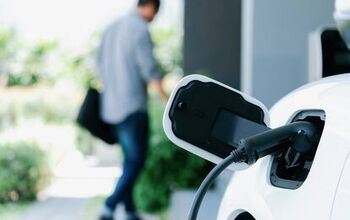


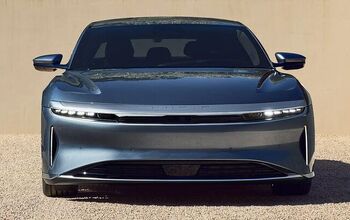
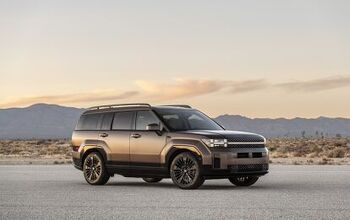
Comments
Join the conversation
I took my (2003)Saturn VUE AWD to Rust-Repair Inc (RPI), in the South-Hills of Pittsburgh PA, back in (2018), for which they Repaired my Frame and Applied an Undercoat (which looks something like Ziebart). They do Require an Annual Checkup for (six)years..... So-far the have done Additional Repairs on my Car twice (at most cost).... {They use to Build Race-Car Bodies, and got so-many Calls to Repair (older)Cars, that the Opened this Business, (they now have two-locations (that I know of).... My Car (currently)has only 149000+ Miles on it. [It was my Deceased-Wife's Car, and Sat in my Garage for (six)Year, before I Started Driving It.] I have been Retired since January-2008....
A suggestion... Rustproof your car if it gives you peace of mind. Don't if you think it's a waste of money. It all comes down to what you want to do. I use WoolWax every year. Costs under $100 and I sleep like a baby.